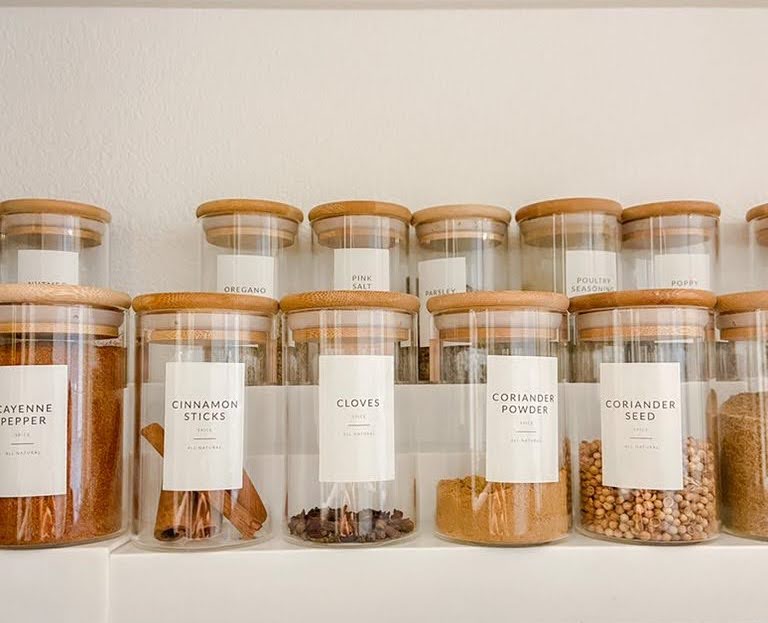A quick and easy read on how our lives can be more fruitful with minimalism.
TLDR: Joshua Becker shines a light on the consumer culture that we as Americans are particularly guilty of. He makes a compelling argument for minimalism. He argues that we can get more out of life by living with less. I had multiple a-ha moments while reading this book. There were times when I turned to my partner to share a shocking statistic or propose that we go through all our clothes over the weekend. This book has encouraged me to reconsider purchases before making them. And I’ve begun questioning what influencing factors are out there, pushing me to make this purchase.
If you’re at all thinking about minimalism or just decluttering your space, I’d recommend this book to you.
My jaw dropped when I read the following statistics in the first chapter of The More of Less: : Finding the Life You Want Under Everything You Own…
“In America, we consume twice as many material goods as we did 50 years ago. Over the same period, the size of the average American home has nearly tripled, and today that average home contains about three hundred thousand items. On average, our homes contain more televisions than people. And the US Department of Energy reports that, due to clutter, 25 percent of people with two-car garages don’t have room to park cars inside and another 32 percent have room for only one vehicle. Home organization, the service that’s trying to find places for all our clutter, is not an $8 billion industry, growing at a rate of 10 percent each year. And still one out of every ten American households rents off-site storage — the fastest-growing segment of the commercial real-estate industry over the past four decades.”The More of Less
What shocked me the most is not that we live in a consumerist culture. I already knew that. But it’s how fast this expansion has happened. If in half a decade, we’ve tripled the size of homes, where will be in 2050?
Becker shows the reader that our generation plays an impact on our buying habits. My grandparents’ generation and those that lived through the Great Depression “were shaped by ‘a waste not, want not’” philosophy”. This generation believed in buying things to last.
The Baby Boomer generation grew up in a very different world than their parents: mainly an era that benefited from prosperity. Women were working in record numbers so families had more discretionary money than ever before.
GenXers grew up during the technological revolution. Becker argues that, while parents on GenXers may have had disposable money, they didn’t have much time for their kids. To make up for this, GenXers who now have children of their own, have become helicopter parents. In turn, they spoil their kids with too much.
Whereas millennials on the other hand, grew up with technology at their fingertips and feel their world is smaller as a result. “Coffee shops have become the new offices, collaboration has become the new competition, and mobility has become the new stability.” Millennials have become environmentally conscious and minimalism comes naturally to them.
I’m hopeful my generation will influence and encourage future generations to be more mindful when it comes to consumption.
Something I appreciated about Becker’s book was that while his hope is that more people will pursue minimalism, he knows that even the process of decluttering isn’t an easy one. Nor is it one that can happen overnight. He offers comforting words like, “take it easy” and provides practical advice on how to tackle your house room by room. He recognizes that going through sentimental items can be one of the toughest parts of decluttering. So he suggests to try living with half of your sentimental items before getting rid of them completely. In other words, box up the rest for a while and see how it feels to live without them.
Would I recommend this book?
Absolutely.
What book should I read next?
Let me know in the comments below.

